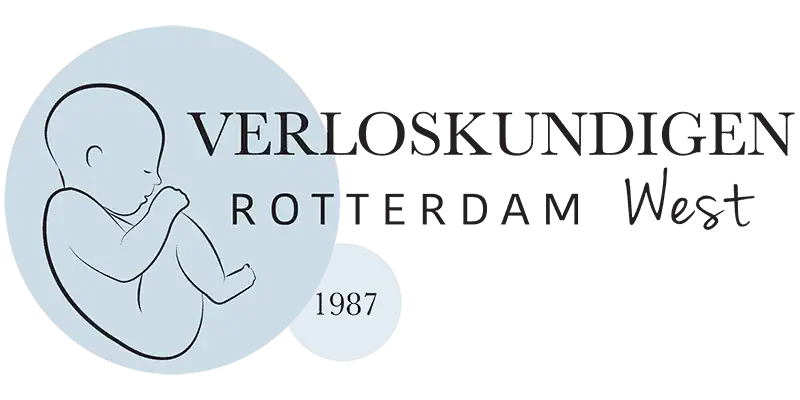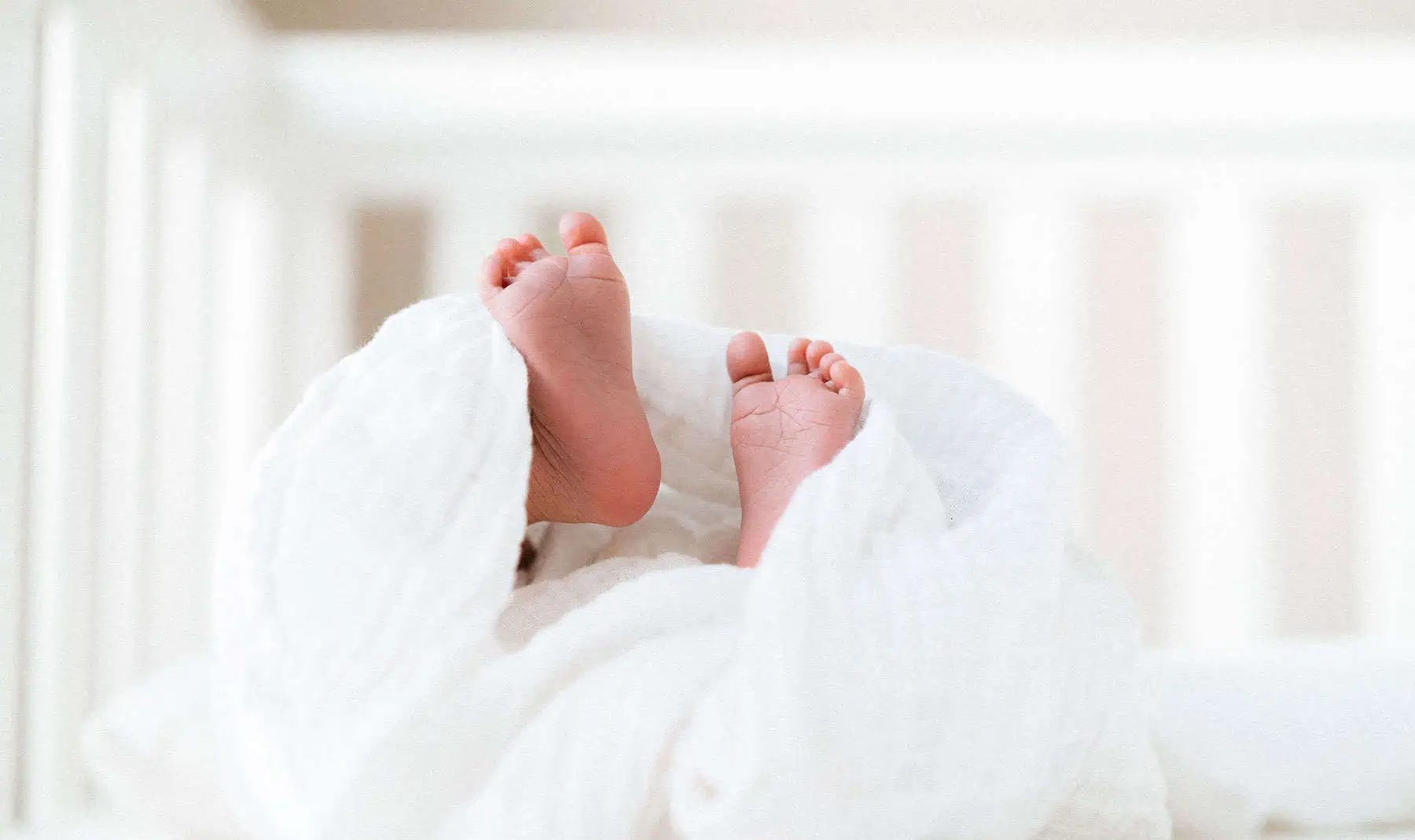As the word ‘complaints’ might indicate, these are not serious problems, and will disappear spontaneously over time, although they can be unsettling and uncomfortable when experienced. The moment you become a mother, these complaints will usually completely disappear. Here we have a list of the less common complaints, and what you can do to relieve them. If you still have problems, feel free to give us a ring. Whatever you do, don’t take any medication without checking with a professional first.
Nausea
Most pregnant mothers-to-be have a problem with ‘morning sickness’ during the first trimester. The less fortunate can feel this way all day long, for the entire nine months. Nausea can be relieved by taking several small meals a day, rather than three heavy large ones. Avoid high-fat foods and drink plenty of water; at least one and a half litres per day. Those mothers-to-be who suffer from morning sickness should eat something light before getting out of bed.
Indigestion
Acid reflux is a typical pregnancy-linked complaint which often occurs in the last quarter of a pregnancy, when the baby begins to press onto the mother’s stomach. Certain foods can stimulate heartburn so avoid carbonated drinks, coffee, orange juice and spicy food. High-fat foods should also be avoided. It is also important to eat slowly and chew well. Again, you are better off having five small meals a day rather than three big ones. Avoid strenuous activities after a meal. Lastly, it may help to sleep with your upper body at a slightly higher angle.
Tiredness
Almost all mums say they feel tired, especially during the first trimester. In the third trimester fatigue sometimes returns, which can be explained by the increase in body weight. Try to give in to your body’s needs; tiredness is a sign that your body needs rest. In some cases extra iron can help, but speak about this with your doctor or midwife first.
Oedema
Pregnant mother-to-be often suffer from fluid retention (oedema) in feet and knees, especially on hot days. This happens gradually. If your face suddenly swells up you should consult a doctor straight away as this could be a sign of pre-eclampsia. To alleviate general oedema don’t stand for long periods of time and rest with your legs up.
Stretch marks
Stretch marks are caused by the stretching of the skin, whereby small cracks occur in the lower layers. These cracks can be found on the abdomen, thighs and breasts. After the pregnancy stretch marks become whiter, but they never disappear completely. The best way to avoid stretch marks it by keeping your weight under control. Try to eat a healthy and varied diet, so you do not put on too much weight. You can also use moisturiser on the skin of the belly, thighs and breasts. There are various (expensive) creams on the market for stretch marks, but unfortunately no creams have been proved to be an effective means of preventing stretch marks.
Back pain
Many pregnant mums complain about back pain. Back pain is the result of the increase in weight and posture change. A pregnant woman can ease back pain by lying on her back and tilting down her pelvis so that it lies flat on the ground. Resting can help, too.
Sleeping problems (caused by pregnancy)
Although a lot of pregnancy-related problems will in turn cause sleeping problems (frequent urination, lower leg cramps etcetera) is it very important for a pregnant woman to get plenty of rest. Try to give in to your body’s demands for rest and relaxation or sleep.
Haemorrhoids
Because the womb presses onto blood vessels surrounding the anus, it is possible that you may develop haemorrhoids. These are varicose veins of the anal region. Constipation and bowel blockages can also cause haemorrhoids. Try not to exert too much pressure when going to the toilet. Make sure your bowel contents are soft; you can use certain medications for this. Order them on: www.curanol.nl
Ligament pain
Through the growth of your uterus, you might experience ligament pain. This often feels like a stabbing pain in the groin and mainly occurs at the start and end of your pregnancy. If you sneeze or make a sudden movement your ligaments can give you a nasty stinging sensation. Ligament pain is not dangerous. When you have a lot of trouble with ligament pain, make slower movements and take more rest.
Dizziness
When standing (mainly first thing in the morning, but also during the day ) you might occasionally feel a little dizzy, or even feel that you are about to faint. This is mainly to do with low blood pressure. Halfway through your pregnancy, your blood pressure reaches its lowest point. Even when lying on your back you might not feel better. This is because the blood vessels in your brain are not getting sufficient oxygen. If you are dizzy you should move slowly and not get up too fast. When these symptoms occur laying down, turn onto your side. You will notice that any dizziness quickly disappears.
Hard belly
In the second part of the pregnancy it is possible to develop something called ‘hard belly’. This is a reaction of a muscle within your uterus to some of the movements you make. You don’t need to worry if it isn’t painful, doesn’t happen at regular intervals, or is not associated with blood loss, dehydration or frequent urination coupled with a burning sensation. By regular occurrence of hard belly we advise you to take things slowly. Your body is telling you that you have been working too hard. If you do experience pain and there is a regular pattern to its appearance or you have other symptoms it is important that you contact the midwife.
Headache
Especially during the first half of a pregnancy many women have problems with headaches. You are allowed to take a paracetamol. If you experience a lot of headaches in the second half of your pregnancy you should definitely contact your midwife.
Itching
Many women suffer from itching. It does not always have a cause. Sometimes it’s the strain put on the skin of your stomach. Menthol powder or cooling gels can offer some relief. If you have extreme episodes of itching, let the midwife know.
Leg cramps
When pregnant, you might wake up suddenly in the middle of the night with lower leg cramps, especially in the calf. The cause of this is not fully understood, but it is painful. Stretching your leg and toes can help, as can massaging your calf. You could do this as a preventive measure before going to sleep, or substitute a massage with a shower (with hot and cold water) before going to sleep. This promotes better circulation and reduces the frequency of leg cramps.
Constipation
It is possible you will experience constipation at some time or other. This is caused by the presence of the hormone progesterone. It causes your bowels to move more slowly and this means more water is removed from your bowel contents. Don’t forget to drink a lot (about 2-3 litres a day) and to eat a lot of vegetables and fibre.
Frequent urination
Thanks to the pressure of the growing baby on your uterus you will often feel like you need to go to the toilet. Your bladder will also reposition itself during pregnancy which also makes a difference by allowing urine to remain in your bladder even after going to the toilet. Be aware of the symptoms of a bladder infection: frequent urination, lower abdomen pain, possible pain or a burning sensation when urinating. To rule out a bladder infection your GP should check your urine. Should a bladder infection be detected, you will have to take antibiotics. Try your best to empty your bladder. You can do this by urinating, then standing up and sitting down again on the toilet which might empty the bladder a little more. It is also important to drink at least 2 litres of water a day.
Varicose veins
1 in 5 pregnant women develop varicose veins. These occur not only in the legs but also in the labia. The hormone, progesterone, is to blame. Progesterone makes blood vessel walls less rigid, while the increase in blood volume puts more pressure onto them. We advise you to put your feet up at the end of your day!
Nosebleeds and bleeding gums
These less rigid but fuller blood vessels also mean you are more susceptible to bleeding gums or nosebleeds. Use a soft toothbrush when brushing your teeth.

